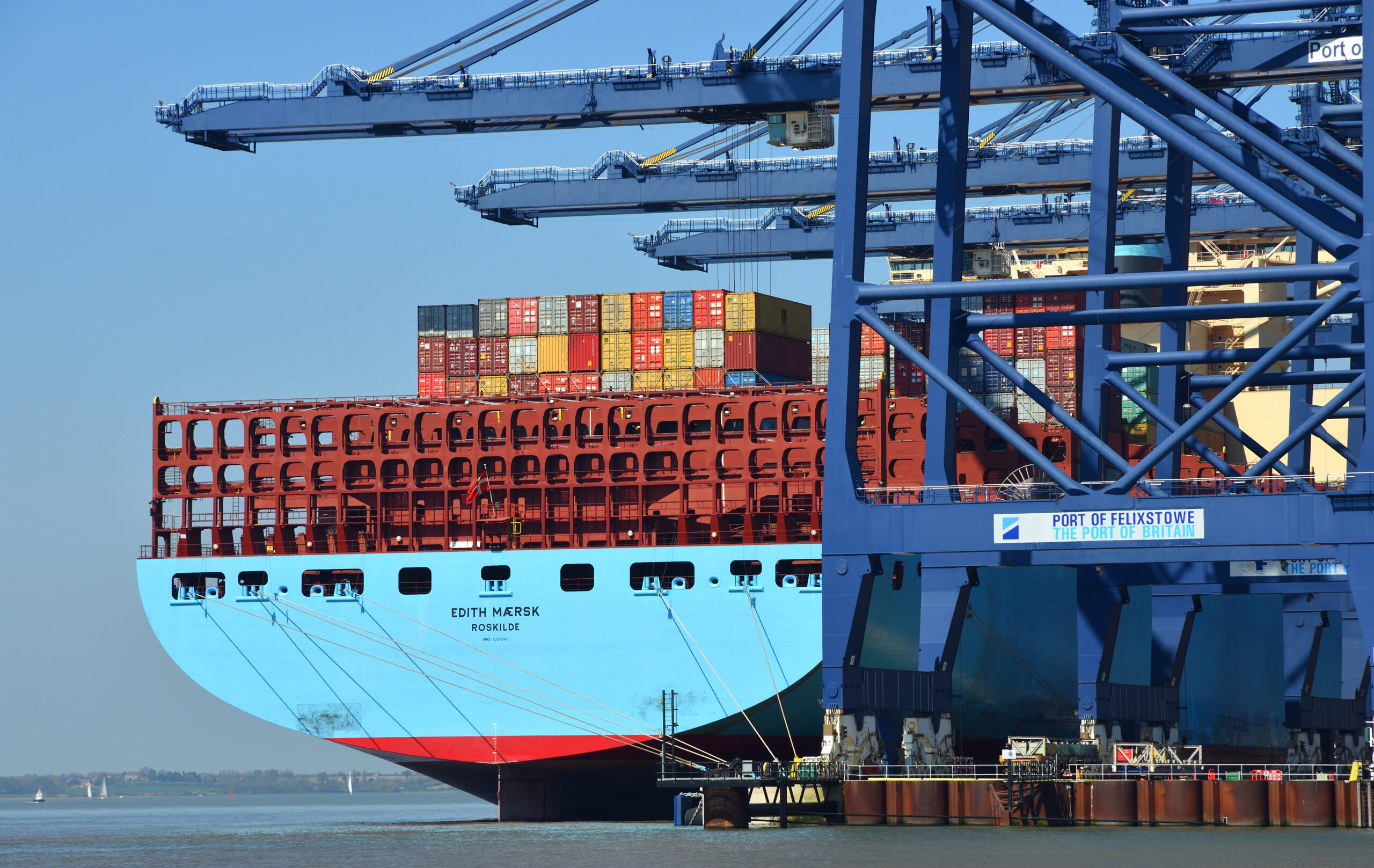Bureau Veritas (BV), the French classification society, has partnered with the Korean shipbuilding giant, Samsung Heavy Industries (SHI), to develop Floating CO2 Storage Units (FCSU) and Carbon Capture and Storage (CCS) projects to reduce maritime greenhouse gas emissions.
BV and SHI will collaborate on the validation and certification of innovative CCS technologies, as well as the development of new industry standards for utilising these technologies. Under the partnership, both BV and SHI will work together on pilot projects to test the commercial potential of CCS technologies. These pilot projects will also assess their feasibility and scalability in an array of real-world scenarios, with technical reviews and independent risk assessments undertaken to ensure the safety and reliability of the CCS solutions.
“Our partnership with SHI is an important step in our efforts to support the deployment of innovative carbon capture and storage technologies,” said Alex Gregg-Smith, Senior Vice President, Asia Pacific at BV. “By combining our expertise, we aim to advance the commercialization of FCSU and CCS solutions, which are critical for achieving global climate goals.”
Haeki Jang, Chief Technology Officer, SHI, commented on the announcement: “This collaboration marks a significant step towards realizing our vision of a sustainable future,” said . “By leveraging the strengths of both SHI and BV, we are committed to accelerating the deployment of carbon capture and storage solutions that meet the evolving demands of the global maritime and offshore industries. Together, we aim to contribute to a cleaner, more sustainable world through the development of advanced CCS technologies.”
In addition to the partnership’s focus on FCSU and CCS projects, it builds on BV’s recent efforts to assess the technical viability of CCS technologies within the marine market. In May 2024, BV released its report evaluating the potential of current CCS solutions to meet the demands of maritime applications.
In the report, titled “Onboard Carbon Capture: An Overview of Technologies to Capture CO2 Onboard Ships”, BV explored a variety of emerging CCS technologies and examined their potential for high rates of CO2 capture, with some studies achieving capture rates of between 82% and 90%.



